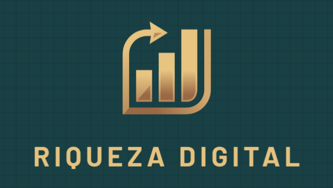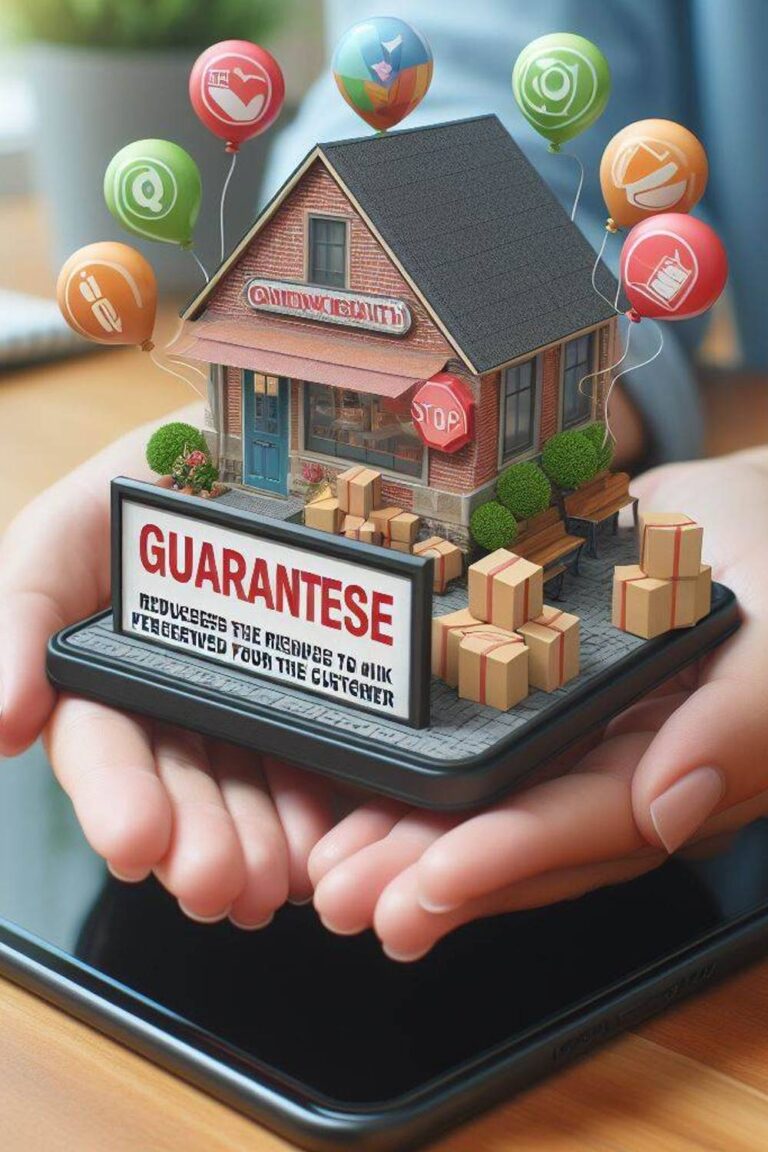Scarcity is an effective strategy to generate urgency and motivate customer action. This has always been a classic in the marketplace. And it is just as true that by limiting the availability of our product or service, we create a greater perception of exclusivity and value, and the fear of scarcity or loss of opportunity that can drive the purchase decision.
There are ethical and healthy ways to create this natural and necessary scarcity that increases the value of our offering. It can be done by setting time limits or limited quantities for our offers or promotions by reducing their availability or by performing commercial actions that protect the product from quality shortages as in the case of a well-known brand of chocolates that are not available during the summer because the heat would affect their quality and texture.
To be honest with our customers, and because the weather, materials or conditions of a given offer are really changing and rarely static, we must communicate the shortage in a clear and convincing way, we can create a sense of urgency that motivates the customer to act quickly and that paradoxically, will increase demand, so we can achieve our business objectives more quickly.
It is really a commercial technique widely used by many brands and products, because in addition, by using scarcity in an ethical and transparent way, we can build trust and credibility with our customers by offering a sense of security, guarantee or exclusivity.
In conclusion, by generating urgency with limited offers, we can increase conversion and maximize the return on our marketing campaigns. We are likely to sell more and better, and of course as a collateral benefit, we can optimize logistics, warehouse stock and many other business factors related to the concentration of operations.









